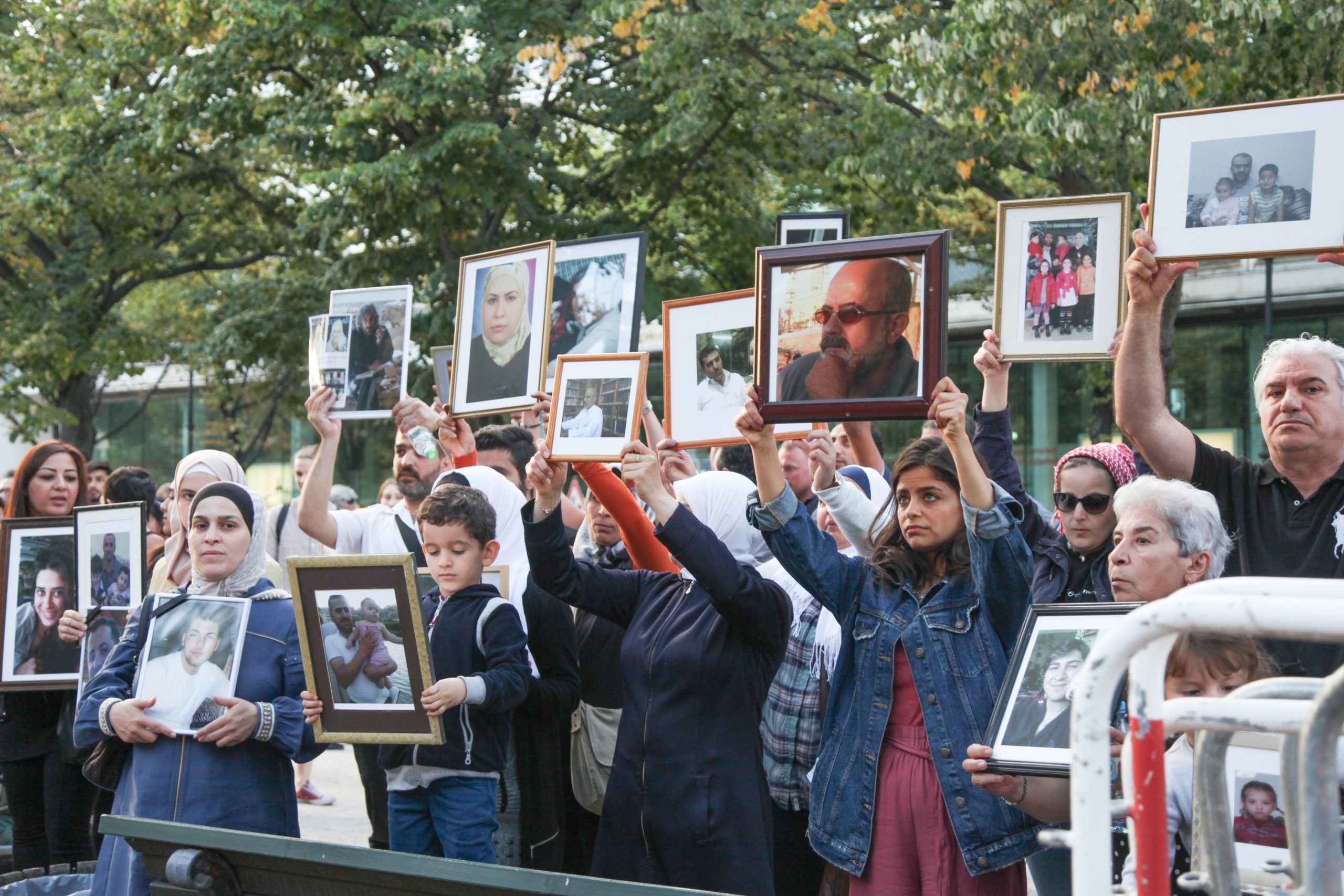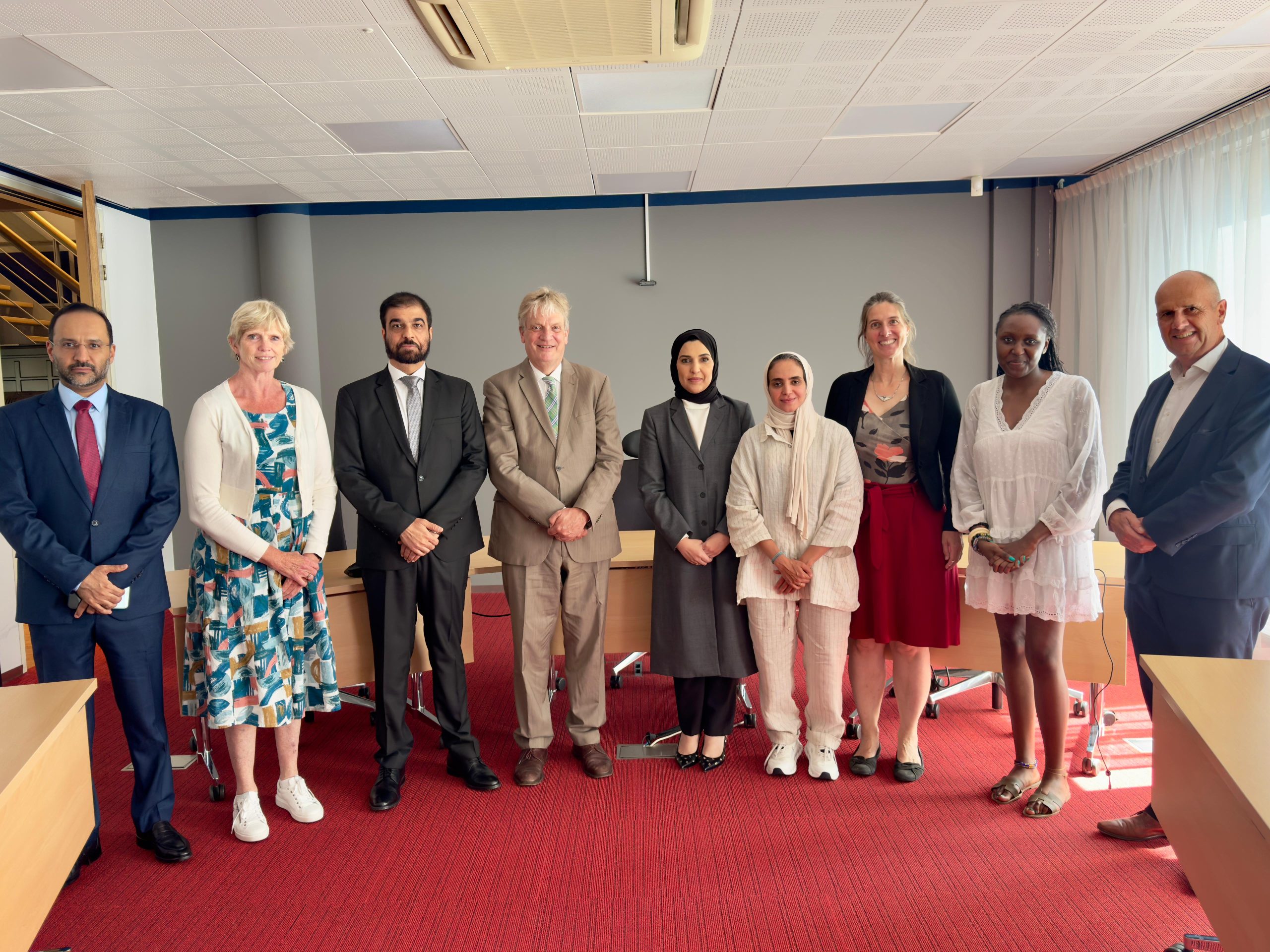Every year, the world’s working class population is honored on May 1 by dozens of countries around the world, many of which consider International Workers Day to be a public holiday. There’s no day off today in Qatar for most people, but much of the population is still planning to take some time to honor the country’s blue-collars workers. Here, Qatari resident Fatima Al-Dosari explains why she and a group of others decided to cover Pharrel Williams “Happy” to mark the occasion.
I still remember that Thursday evening in December 2010, when we went from having a typical family gathering of eating machboos at Grandma’s to joining everyone on the Corniche to celebrate.
Citizens, residents, expatriates and laborers were cheering, dancing on the streets and “car parading” after Qatar won the 2022 World Cup bid. Everyone likes the feeling of being a winner. And I felt proud that my country had achieved this goal.
Yet, even back then, I began analyzing the various scenarios facing Qatar in the coming decade, and I knew that I wanted the journey to 2022 to be a successful one.
So without realizing it, I became a labor rights advocate.
Fighting labels
Last month, Qatar was again in the headlines, but not in any positive way. Most news pieces discuss the laws and system here, and the affected labor force. But it often neglects the voice of the Qatari people.
So I and a team of others came up with our own version of Pharrell Williams’s “Happy” to celebrate International Workers’ Day in Qatar.

Here, we aimed to portray an image of a Qatari who represents me, and many others like me. The Qatari (represented by local comedian Hamad Al-Amari) who embraces our humanity and believes in shoulder-to-shoulder equality, and who can unfortunately be stigmatized as an enslaving monster as a result of widespread negative media attention and criticism.
Another aim with this video was to bring some happiness to some of the people working in Qatar’s service and construction industries. We visited laborers at their workplaces and during their leisure time without any preparations, and we asked for their permission before filming.
We respected the wishes of some who declined to participate, and appreciate that many voluntarily approved. We have also kept a record of all participants’ names and contact information to forward them the video, which was produced by Hawazi Pictures.
This was not an easy project, but I thank the video team, Yousef Al-Madadi, Hamad Al-Amari and Omar Abdulla, for their effort and accepting to be part of it.
Estela
One of the women in the video is Estela. She told me, “I was feeling sad about working on a holiday, away from my family, but you did make me happy today. Thank you for coming.”
To make a difference doesn’t mean you should wear a superhero cape (a bisht, in the Qatari context), call yourself a “labor rights advocate,” or start a drastic revolution.

Making a difference involves having the will, power and passion to create a genuine change for a day or a person.
My friend and fellow labor rights advocate Aakash Jayaprakash, who helped me to better understand Qatar’s labor laws and conditions, has written a practical and informative op-ed on how you can personally help with labor issues.
There are nearly 1.2 million Estelas in Qatar who are all part of the story of the 2022 World Cup in Qatar, and we all can and should contribute in making their days happy in return.
Thoughts?







